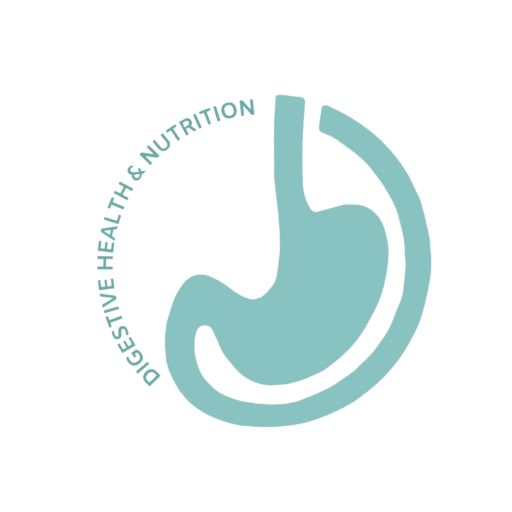Food Protein-Induced Enterocolitis Syndrome (FPIES)
Food Protein-Induced Enterocolitis Syndrome (FPIES) is a rare but serious type of food allergy that primarily affects the gastrointestinal tract. Unlike typical food allergies that trigger immediate reactions like hives or swelling, FPIES causes delayed symptoms, often leading to severe vomiting, diarrhea, and dehydration. This condition is most commonly seen in infants and young children but can occasionally affect older children as well.
Key Characteristics of FPIES:
- Delayed Onset: Symptoms typically appear 2 to 6 hours after consuming the triggering food, unlike other food allergies that cause immediate reactions.
- Common Trigger Foods: The most common foods that cause FPIES are milk, soy, rice, and oats. However, any food can potentially trigger a reaction.
- Gastrointestinal Symptoms: The hallmark symptoms of FPIES include repetitive vomiting, diarrhea, and, in severe cases, dehydration and lethargy. These symptoms can lead to hospitalization if not managed quickly.
- No Typical Allergy Symptoms: Unlike IgE-mediated food allergies, FPIES does not cause hives, swelling, or breathing problems. It’s solely a gastrointestinal reaction.
Symptoms of FPIES:
- Severe vomiting starting 1-6 hours after eating the trigger food
- Watery diarrhea that may appear 5-10 hours after ingestion
- Lethargy, paleness, or signs of shock in severe cases
- Dehydration due to excessive vomiting and diarrhea
Diagnosis: FPIES can be difficult to diagnose because its symptoms are delayed and don’t involve the typical signs of an allergic reaction. Doctors will typically take a thorough history of the child’s symptoms, focusing on the timing and relationship to specific foods. Blood tests for food allergies (IgE) often come back negative in FPIES cases, so diagnosis largely depends on a clinical assessment and food challenge tests.
Management and Treatment:
Avoidance of Trigger Foods: The main treatment for FPIES is avoiding the foods that cause symptoms. An allergist or pediatrician will guide you on which foods to avoid and when to safely reintroduce them under medical supervision.
Emergency Plan: In cases of severe FPIES reactions, emergency medical care may be needed to address dehydration and low blood pressure. Families should have an emergency plan in place, including the use of oral rehydration solutions and knowing when to seek medical help.
Introducing Foods: Many children outgrow FPIES as they get older, usually by age 3-5, but this can vary. Your healthcare provider may recommend gradually introducing certain foods under controlled conditions to see if the child has outgrown the condition.
Dietary Management: Working with a dietitian is often helpful to ensure that the child’s nutritional needs are met while avoiding trigger foods. Alternative foods and formulas may be suggested, especially in cases where common allergens like milk or soy are involved.
Support and Resources:
- FPIES Foundation: A resource for families dealing with FPIES, offering education, support, and management strategies.
Understanding and managing FPIES can be challenging, but with the right diagnosis and care, most children can lead healthy lives and eventually outgrow their food sensitivities. Always consult with a pediatrician or allergist for tailored advice and treatment options for your child.

